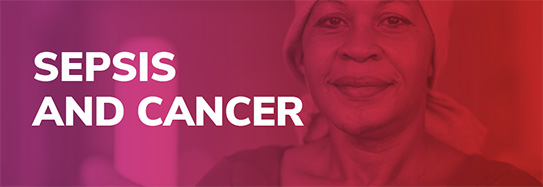Your immune system protects you from many illnesses. It’s your defense system. It recognizes dangers to the body and fights bacteria, viruses, and other dangerous microbes to keep you healthy. An impaired – or weakened – immune system doesn’t protect you as well from infection.
Your immune system is made up of cells, proteins, and organs. For most people, it works well, although they still may get sick or contract an infection from time to time. This is why we get vaccinations against illnesses like tetanus, measles, and polio. Vaccines trick your body into thinking it already had the illness, making you immune to it. Other medications, like antibiotics, antivirals, antifungals, and antiparasitics help your body fight infections that do develop. These are all antimicrobials.
For a variety of reasons, many people are immunocompromised. Their immune system either doesn’t work well or not at all. People with an impaired immune system are at higher risk of contracting infections, which increases their risk of developing sepsis. These infections may also be more severe.
Sepsis, which was often called blood poisoning, is the body’s life-threatening response to infection. Like strokes or heart attacks, sepsis is a medical emergency that requires rapid diagnosis and treatment.
Suggested Citation:
Sepsis Alliance. Sepsis and Impaired Immune System. 2024. https://www.sepsis.org/sepsisand/impaired-immune-system/
Updated January 19, 2024.












































